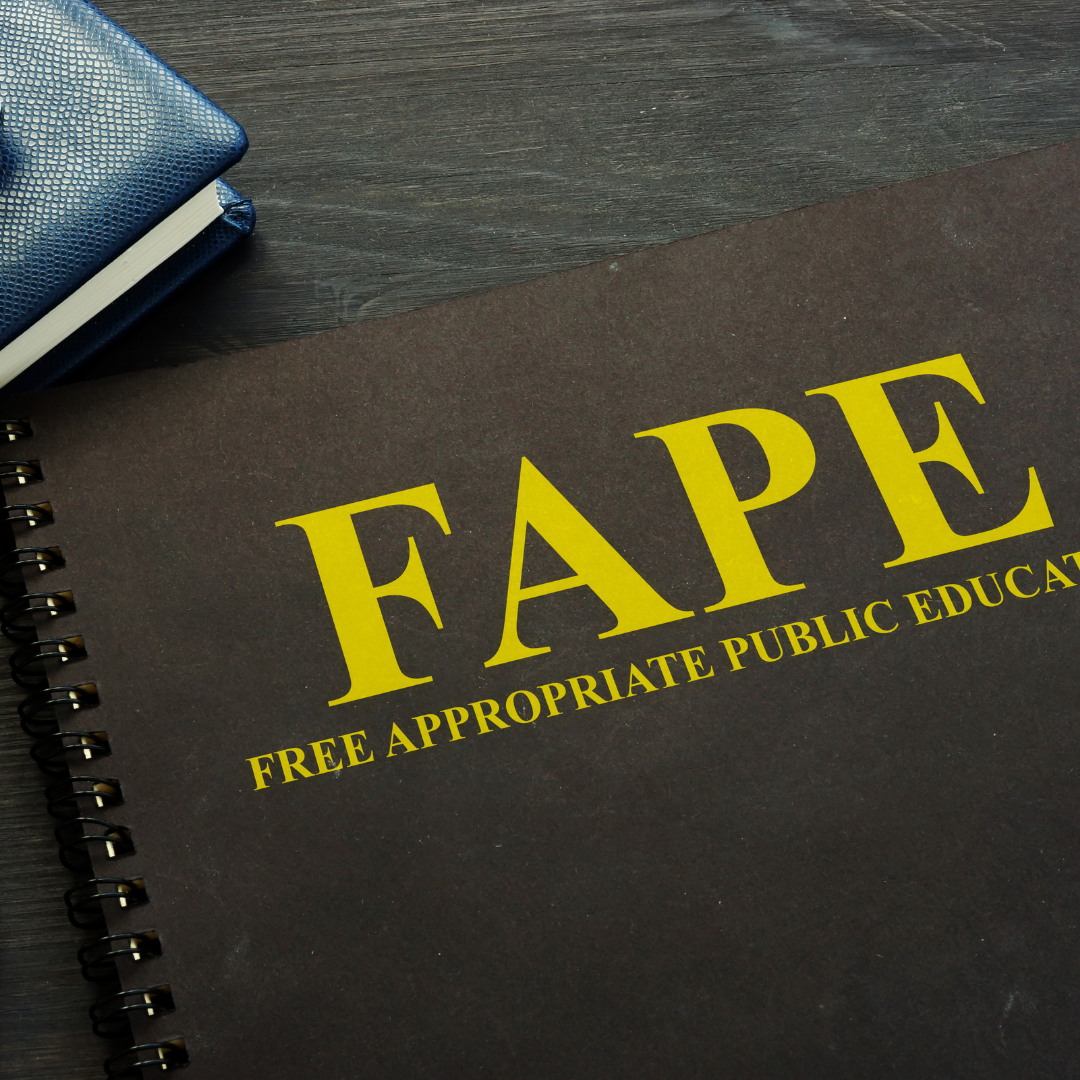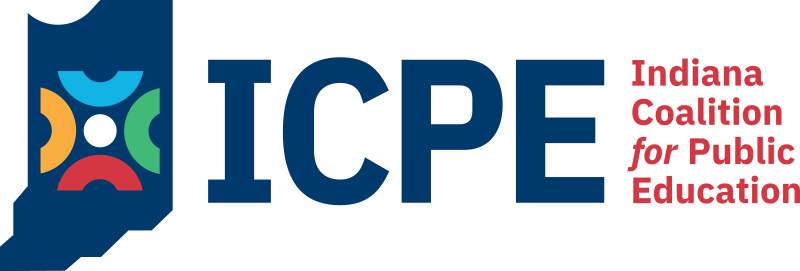The downsides of Education Scholarship Accounts for children with special needs

The downsides of Education Scholarship Accounts for children with special needs
Yes, there is an additional option for Hoosier parents to choose and pay for special education services for their children. Starting July 1, the Indiana Education Scholarship Account (ESA) program allows families who opt out of traditional schooling to find their own special education programs and services for their eligible child.
The program provides funds to eligible students for pre-approved education expenses, including tuition, therapies, assessments and fee-for-service transportation at pre-approved education service providers.
This new program falls under the Indiana State Treasurer’s office, not the Indiana Department of Education (IDOE).
What news articles promoting this new option and the State Treasurer’s office are not talking about are potential negative consequences of the program, including:
- Depending on the severity of your child’s special education needs, the ESA may not cover every service your child needs.
- When you take an ESA, you are giving up your child’s right to a Free and Appropriate Education under Federal Law and your child loses his or her due process rights.
- If you choose the ESA option, the State provides no protections. The IDOE will not be involved, and the State Treasurer’s Office has said it will not get involved in disputes. This is purely funding for private services. If the provider doesn’t follow an Individual Education Plan (IEP), or mistreats children, or overbills, parents are on their own to resolve the situation. If parents need an attorney to resolve issues, they will be on their own to pay the attorney’s fees.
- Providers who can be paid by this program are not obligated to follow the child’s IEP.
- Providers who can be paid by this program can refuse to serve your child at any time, for any reason, or for no reason at all.
- Parents will be responsible for paying for the required state assessment for children whose families take an ESA for special education services. As yet, it is unclear how parents can access the test.
The ESA program may be helpful for a very limited number of children, but it is problematic for the overall future of education for children with disabilities, since the ESA program ends state and federal legal protections.
Even if you do not have a child with disabilities, you should be concerned about your taxes going to fund ESAs. Other states with ESAs have found instances of ESA money being spent on items that had nothing to do with educating children.
Cathy Fuentes-Rohwer, President, Indiana Coalition for Public Education
Glenda Ritz, Indiana Superintendent of Public Instruction, 2013-2017
Rachel Burke, President, Indiana PTA
